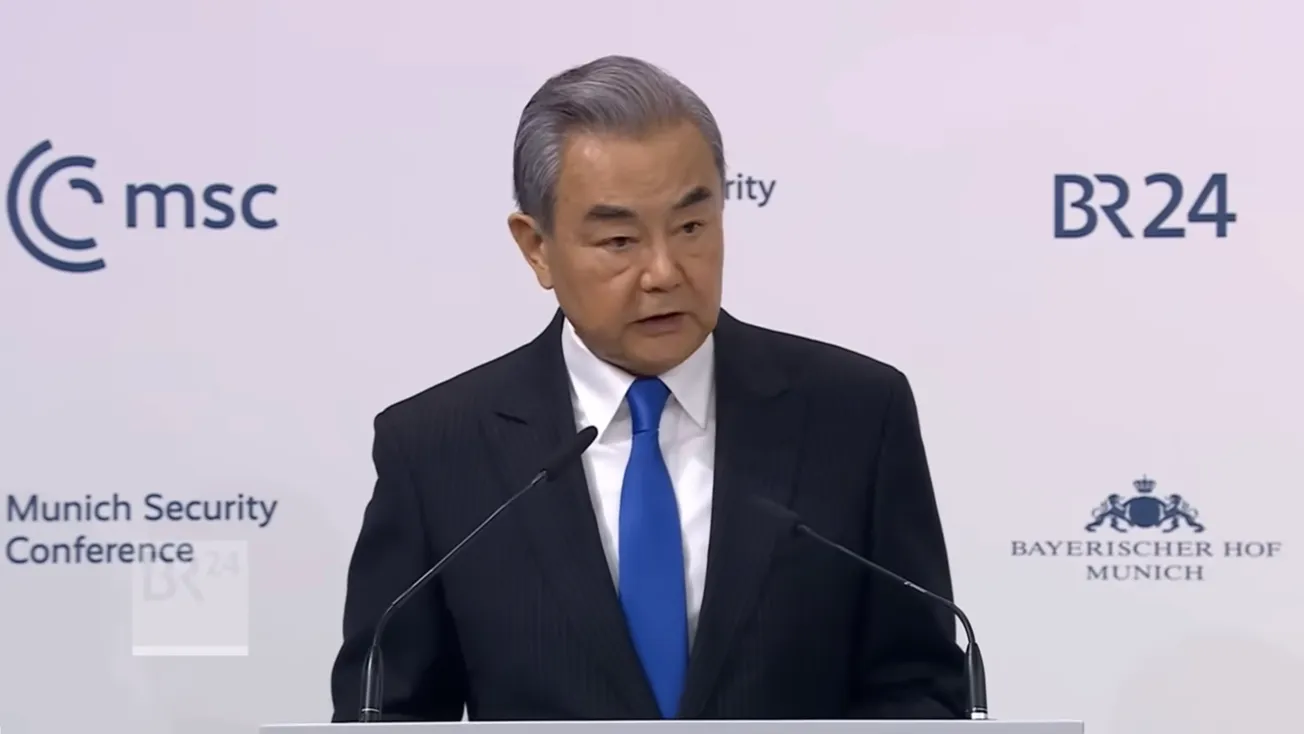An article in the Oct. 24 Global Times examined the shocking rise in U.S. Treasury bond yields—to over 5% for the first time since 2007—and correctly concludes that “the U.S. economy is one step closer to a devastating crisis.” GT Voice article, which is as usual simply signed Global Times and thus carries the weight of an editorial, fails to delve into the root causes of the crisis (the out-of-control $2 quadrillion speculative bubble of the trans-Atlantic financial system), but it does suggest that the BRICS and other Asian financial initiatives can serve as an alternative to the Western blowout.
Pointing to the soaring U.S. Treasury bond rates, the article states: “There’s every reason to raise a red flag over the abnormal rate performance…. Global markets are increasingly concerned about the creditworthiness of U.S. bonds and distrustful of the U.S. economy. The unprecedented mistrust threatens to trigger a storm in the dollar-dominated financial system.”
The piece continues: “Whatever the reason, investors’ demand for record high yield compensation on long-term U.S. Treasury bonds could be a sign that the U.S. economy is one step closer to a devastating crisis. And it is the time to prepare for the big storm by making use of the existing Asian and BRICS financial coordination mechanisms.”
Global Times notes the conundrum facing the dollar. “Given the fact that the U.S. debt has already become the biggest threat to the dollar’s status, keeping interest rates high is also a must for the U.S. to safeguard the dollar’s status. That makes U.S. debt look even more unsustainable. Now higher interest rates may lure more funds into U.S. bonds, but this will further drive up borrowing costs and increase the risk of an economic recession. Moreover, high rates will inevitably lead to an outflow of funds from other markets, causing more shocks to the global financial markets.” South Korea is having problems with high rates, they report, but “then one can only imagine what shocks await other Asian economies and emerging markets.”
The article concludes: “Under such circumstances, it seems reasonable to be concerned about whether there will be a repeat of a financial crisis, calling for financial coordination on an urgent basis among Asian and emerging economies. In addition, the BRICS countries can deploy emergency foreign exchange liquidity support through the BRICS Contingent Reserve Arrangement to address financial market instability.”




